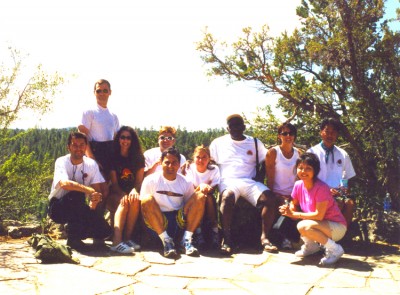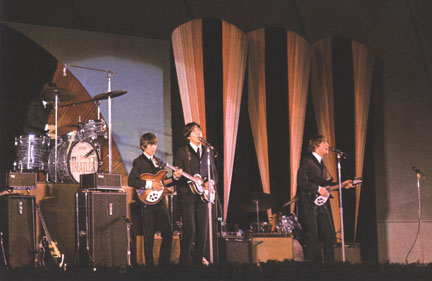I often wonder what produces our self-awareness — the sentient part of our being. Is it just a matter of computational capacity? Would a computer, if large enough, become sentient? Is consciousness a product of our mind, and creativity a produce of consciousness?
There are some who have argued that if this notion was correct, even the Internet may become sentient one day.
“The internet behaves a fair bit like a mind,” says Ben Goertzel, chair of the Artificial General Intelligence Research Institute, an organisation inevitably based in cyberspace. “It might already have a degree of consciousness”. Not that it will necessarily have the same kind of consciousness as humans: it is unlikely to be wondering who it is, for instance.
To Francis Heylighen, who studies consciousness and artificial intelligence at the Free University of Brussels (VUB) in Belgium, consciousness is merely a system of mechanisms for making information processing more efficient by adding a level of control over which of the brain’s processes get the most resources. [New Scientist, April 30, 2009].
Information processing? What about creativity? Will machines ever be able to create true art, not coming from a rational, but rather from an emotional expression?
Star Trek: The Next Generation explored this question in several episodes and with the character of Commander Data. “He” is an android who tries “his” best to learn and experience what it means to be human, but fails over an over again. He dances, paints, plays musical instruments — and although technically more accomplished than any human, Data never seems to get the point.
As a cat lover, I took great delight in Data’s attempt at poetry. In the episode Schisms, Data recites a poem he wrote (“in the iambic heptameter mode”) for his pet cat, Spot:
♦ ODE TO SPOT ♦
Felis catus is your taxonomic nomenclature,
An endothermic quadruped, carnivorous by nature;
Your visual, olfactory, and auditory senses
Contribute to your hunting skills and natural defenses.
I find myself intrigued by your subvocal oscillations,
A singular development of cat communications
That obviates your basic hedonistic predilection
For a rhythmic stroking of your fur to demonstrate affection.
A tail is quite essential for your acrobatic talents;
You would not be so agile if you lacked its counterbalance.
And when not being utilized to aid in locomotion,
It often serves to illustrate the state of your emotion.
O Spot, the complex levels of behavior you display
Connote a fairly well-developed cognitive array.
And though you are not sentient, Spot, and do not comprehend,
I nonetheless consider you a true and valued friend.
Regarding Data’s poem, the writer in me has one objection. The word “obviate” is used in the sense many people believe to be its proper usage from the way it sounds (“to make obvious”), although the word is actually defined as “to make unnecessary.” Data would presumably not make this mistake — so here is a giveaway that the poem was written by a human after all. (Errare humanum est).
[For Trekkies: The poem is referenced again in 2369 (A Fistful of Datas), when Data uploads some of his personal files to the main computer of the USS Enterprise-D during an experimental interface with his neural net. Data’s memories end up overwriting a play witten by the ship’s chief medical officer.]


 What’s that incessant, deafening honking noise heard all the way from South Africa’s soccer stadiums?
What’s that incessant, deafening honking noise heard all the way from South Africa’s soccer stadiums?









